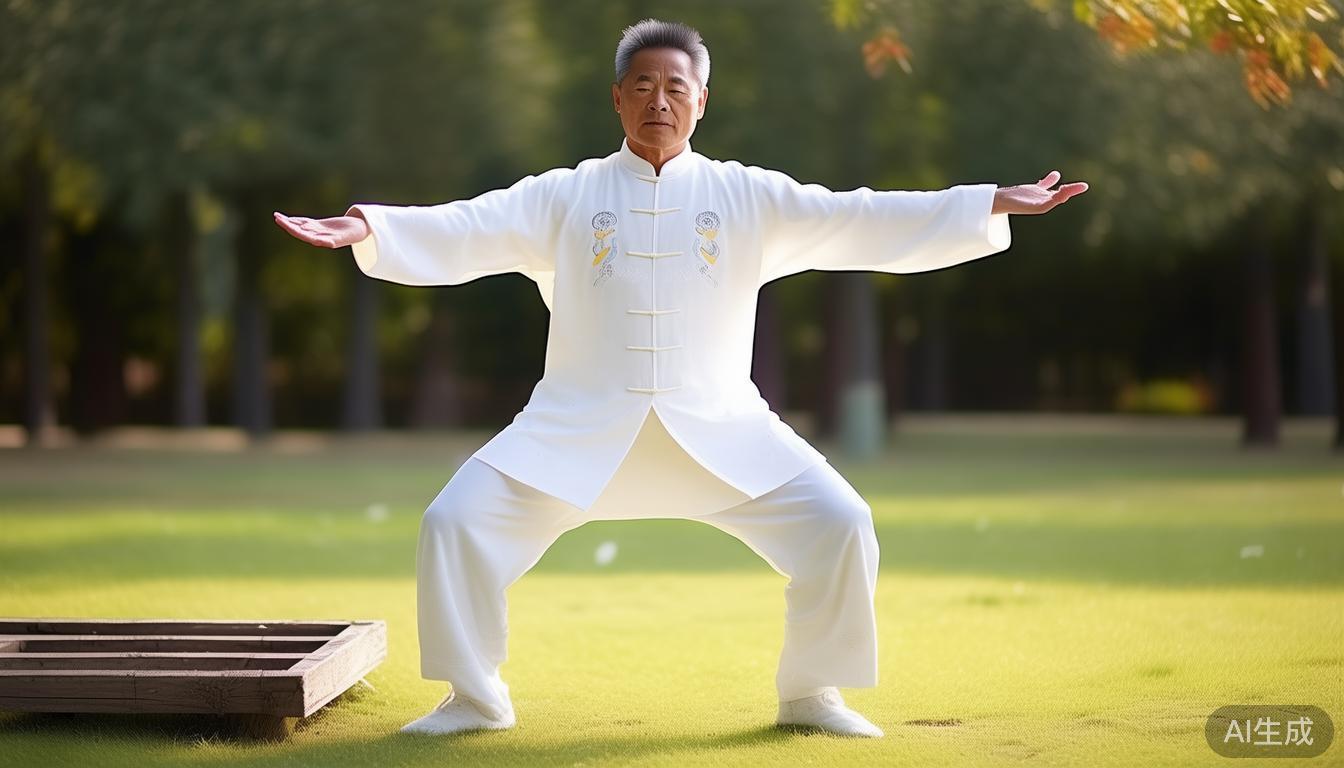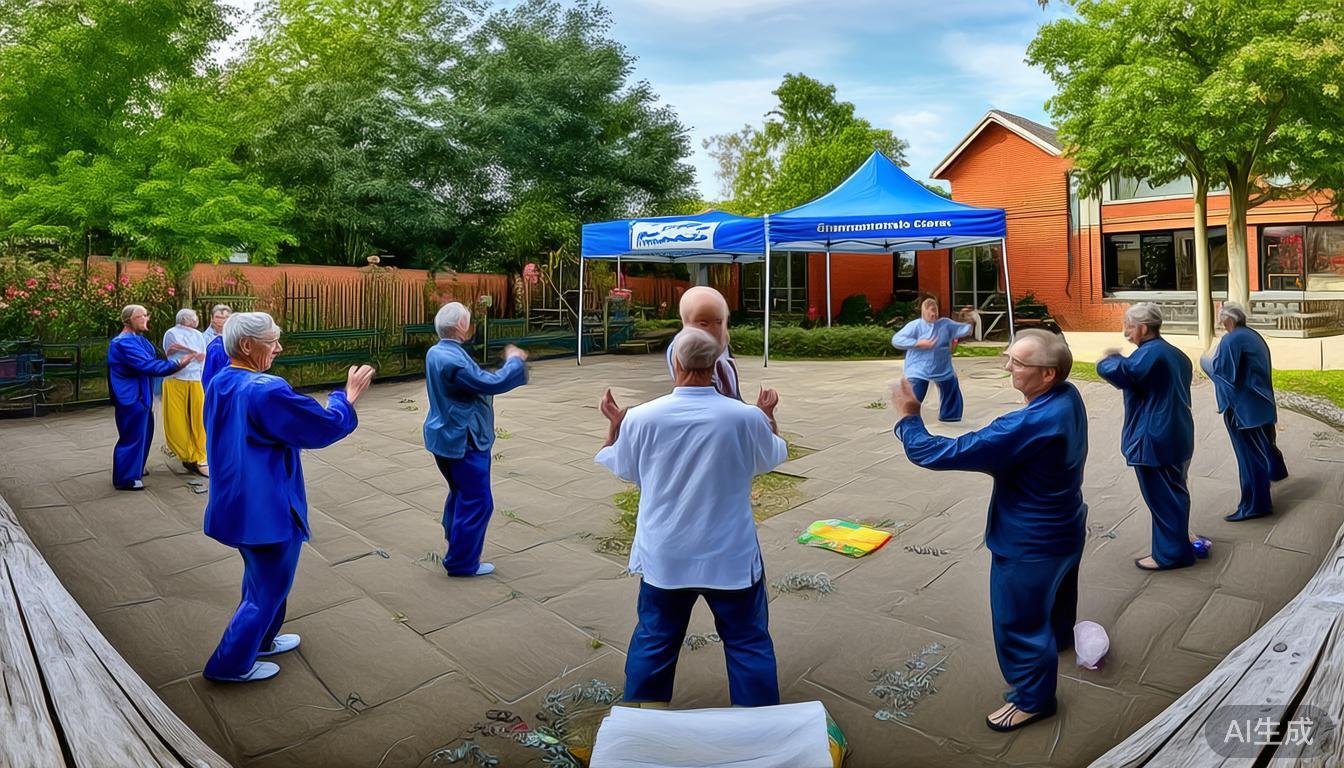As a physical therapist who has been dealing with chronic pain for a long time, I have witnessed the ineffectiveness of many patients who relied on painkillers. After Tai Chi was introduced into my rehabilitation plan, I noticed real changes in the situation. What is particularly suitable for promotion in public medical systems such as the NHS is that this precision-operated exercise is based on human body mechanics and physical and mental relationships. The specific content is unreal, and it can provide the public with a gentle, very effective and obvious self-treatment tool at a very low cost.
Why the NHS recommends Tai Chi
NHS recommendation of Tai Chi is not a sudden move but based on solid clinical evidence nhs tai chi exercises Research shows that for patients with osteoarthritis, fibromyalgia, and chronic low back pain, regular Tai Chi practice can significantly improve pain and enhance joint flexibility. The principle is that Tai Chi's slow and controlled movements can gently move joints, stretch fascia, and promote blood circulation. It is more suitable for people in pain than many strenuous exercises. I have personally seen a patient with knee arthritis not only use less painkillers but also go up and down stairs more easily after insisting on a 12-week course.

How Tai Chi improves balance and prevents falls
For the elderly, a fall is a fatal event. The core point is that Tai Chi is a dynamic balance exercise, and the scene in which it trains the balance system is not in simple situations, but in simulated unsafe places in life. For example, continuous weight transfer, standing on one leg, and slow rotation are excellent training in safe zones, and are not just ordinary walking postures on flat ground. Many veteran students report that walking is "more stable underfoot" and dizziness is reduced when getting up. This is directly proved by the increase in proprioception and leg strength.
How to find NHS Tai Chi classes for beginners

The key is to find a suitable course. You can ask your GP when you start. They can refer you directly to your local NHS Tai Chi project. Many community NHS trusts will also provide free or low-cost courses. For beginners, I strongly recommend starting with face-to-face group courses rather than self-study videos. Tai Chi And Diabetes Courses Online , the reason is that experienced instructors can ensure that your posture is correct to avoid compensatory injuries. A high-quality course will teach you from the most basic stance and breathing, so that you can build your confidence and ability step by step.
After you have started to incorporate Tai Chi into your life, which aspect of the change brings you the strongest sense of surprise – the reduction in pain, the lighter body, or the sweeter sleep at night? Please share your unique experience in the comment area. If this article has been helpful to you, please also feel free to like and share it.


